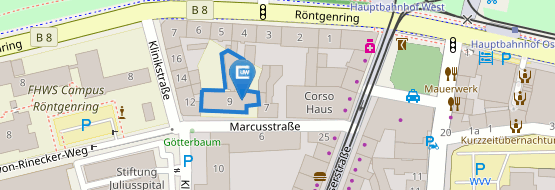Temporal dynamics of approach-avoidance conflicts
Individuals suffering from anxiety commonly avoid fear-relevant activities or situations even if it leads to the loss of competing positive outcomes. During exposure based treatment, however, approach of these situations and activities is necessary to allow for inhibitory learning experiences. In this light, decision conflicts between avoiding fear-relevant stimuli versus approaching these same stimuli for competing rewards are highly relevant. This project investigates how decisions between approach and avoidance unfold over time (i.e., the temporal dynamics of these decisions) and how they are finally resolved. In particular, we want to address the question how information on competing rewards and potential threat is integrated during the decision process. To this end, we incorporate mouse trajectory tracking and time-continuous analytical procedures to get insights into what impact which information exerts during the decision process.
Exemplary and suggested publications:
Pittig, A., & Scherbaum, S. (2020). Costly avoidance in anxious individuals: Elevated threat avoidance in anxious individuals under high, but not low competing rewards. Journal of Behavior Therapy and Experimental Psychiatry, 66, 101524. doi: 10.1016/j.jbtep.2019.101524
Scherbaum, S., Dshemuchadse, M., Fischer, R., & Goschke, T. (2010). How decisions evolve: The temporal dynamics of action selection. Cognition, 115(3), 407-416.


